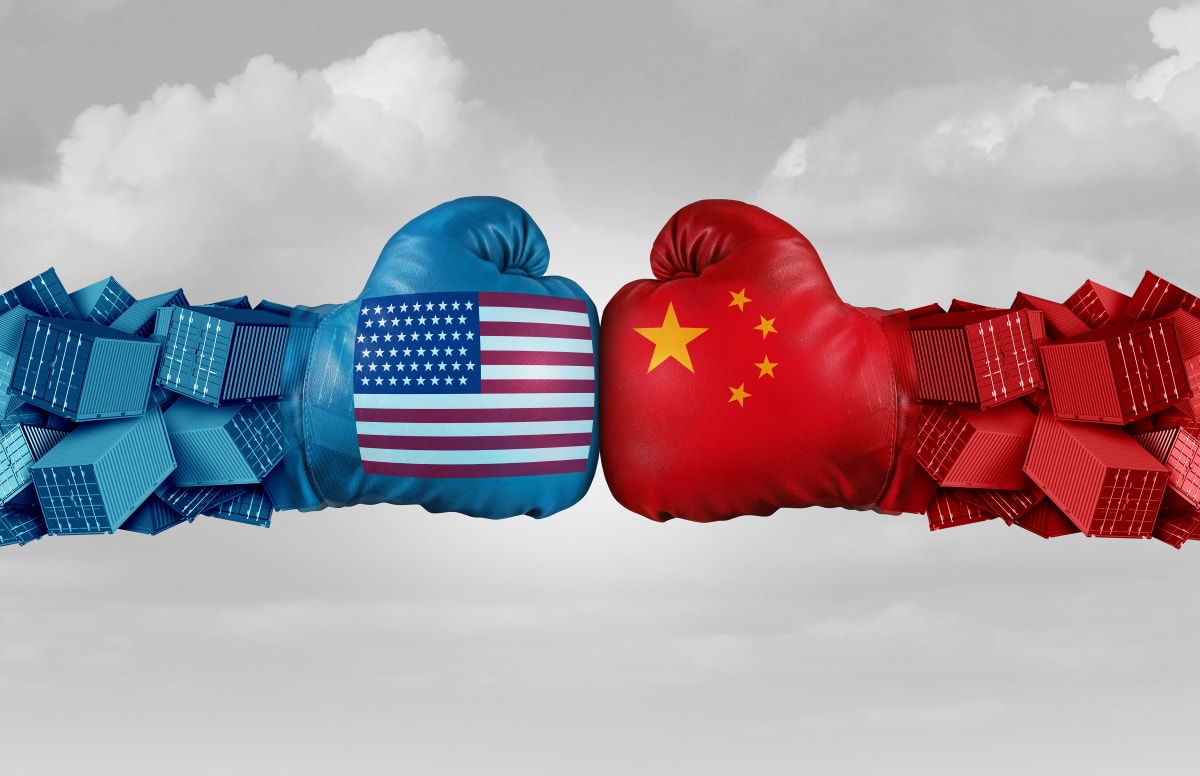The trade dispute between the USA and China has escalated yet again. The American government has accused China of currency manipulation in order to secure unfair advantages in international competition. The U.S. Treasury called on China to be transparent and fair in all currency transactions.
China previously devalued its national currency. On Monday morning, the yuan traded at about 7.02 to the dollar in mainland China, compared to about 6.88 late Friday. This is the first time since 2008 that a dollar has cost more than seven yuan.
The Chinese central bank, the People’s Bank of China, justified the course as a reaction to the “unilateralism and trade protectionism measures and the imposition of tariff increases on China”. American president Trump announced last week that he would impose a new 10% fine on Chinese imports worth around $300 billion.
China: Currency as a weapon in the trade conflict?
The yuan is not freely traded. The Chinese government limits its movement against the U.S. dollar. Experts believed that the seven-yuan mark against the U.S. dollar was a crucial line that China would not cross. Now fears are being voiced that China could use its currency as a weapon in the trade conflict with the USA. But what does China gain from currency manipulation? From China’s point of view, a weaker yuan is good because it makes Chinese exports cheaper. In other words, it cushions the consequences of U.S. punitive tariffs.
However, the topic must be seen in a broader light, said insight provider Christopher Balding in a Smartkarma analysis. A weak yuan increases the cost of international borrowing. “China has large borrowing relative to FX reserves. External debt is roughly 65-70% of FX reserves, and short-term debt is 45% of FX reserves. That means that every time the yuan declines, it makes that foreign-denominated debt that much more expensive.”
According to Balding, China did roughly $500-600 billion in exports to the U.S. last year but has $2.2 trillion in external debt, with most of that short-term. “This implies they are going to pay a lot more on debt service cost to boost exports just a little.” Balding therefore considers it unlikely that the yuan will fall sharply.
In addition, there are a number of other factors that speak against a further slowdown. For one, it could dampen the purchasing power of Chinese consumers. However, China needs a good buying mood in order to boost the economy further. The contribution of foreign direct investment could also fall. Investments in a falling currency tend to act as a scarecrow.










 Australia
Australia China
China India
India Indonesia
Indonesia Japan
Japan Malaysia
Malaysia Philippines
Philippines Singapore
Singapore South Korea
South Korea Taiwan
Taiwan Thailand
Thailand Vietnam
Vietnam Germany
Germany Hong Kong
Hong Kong USA
USA Switzerland
Switzerland Singapore
Singapore
 United Kingdom
United Kingdom







